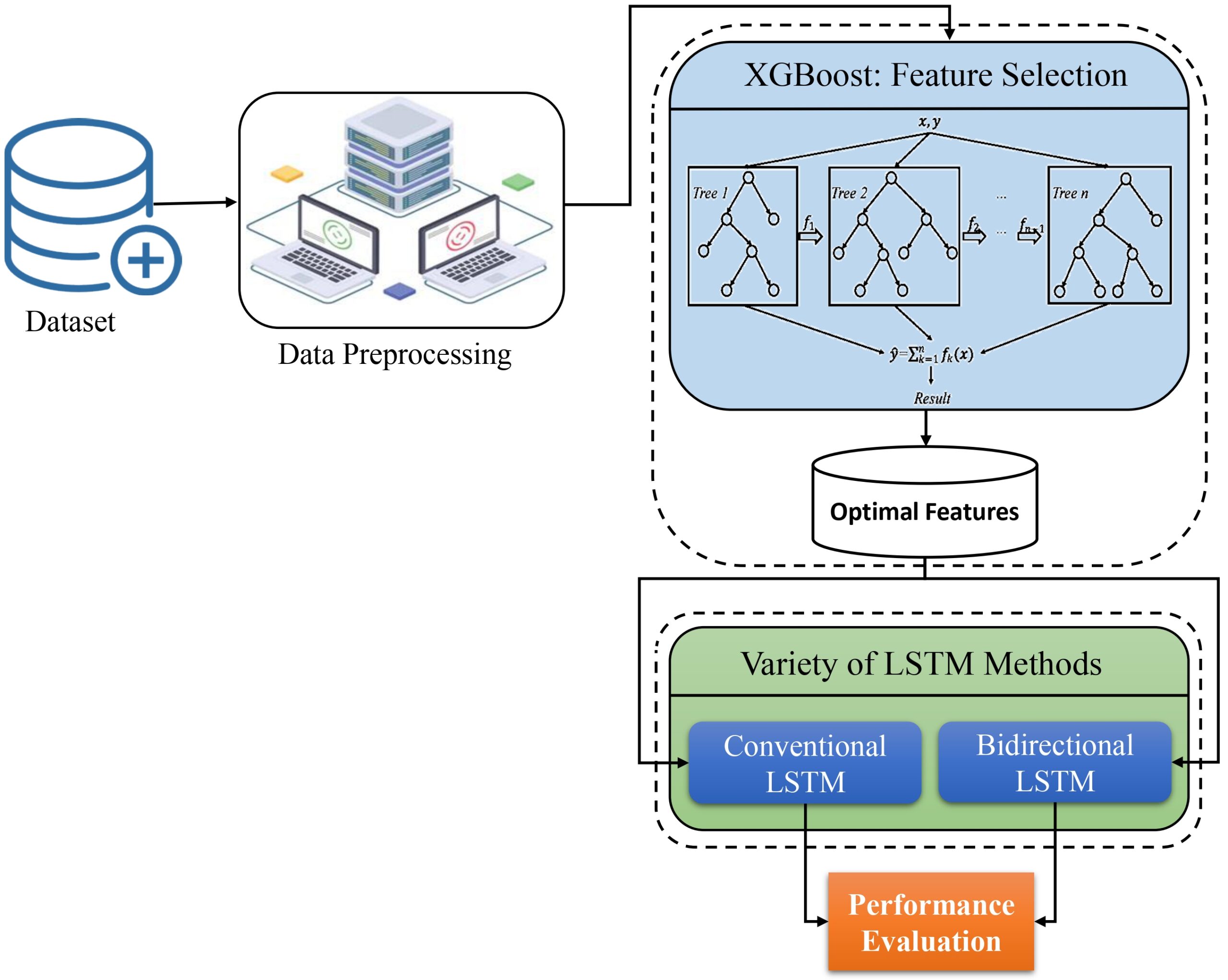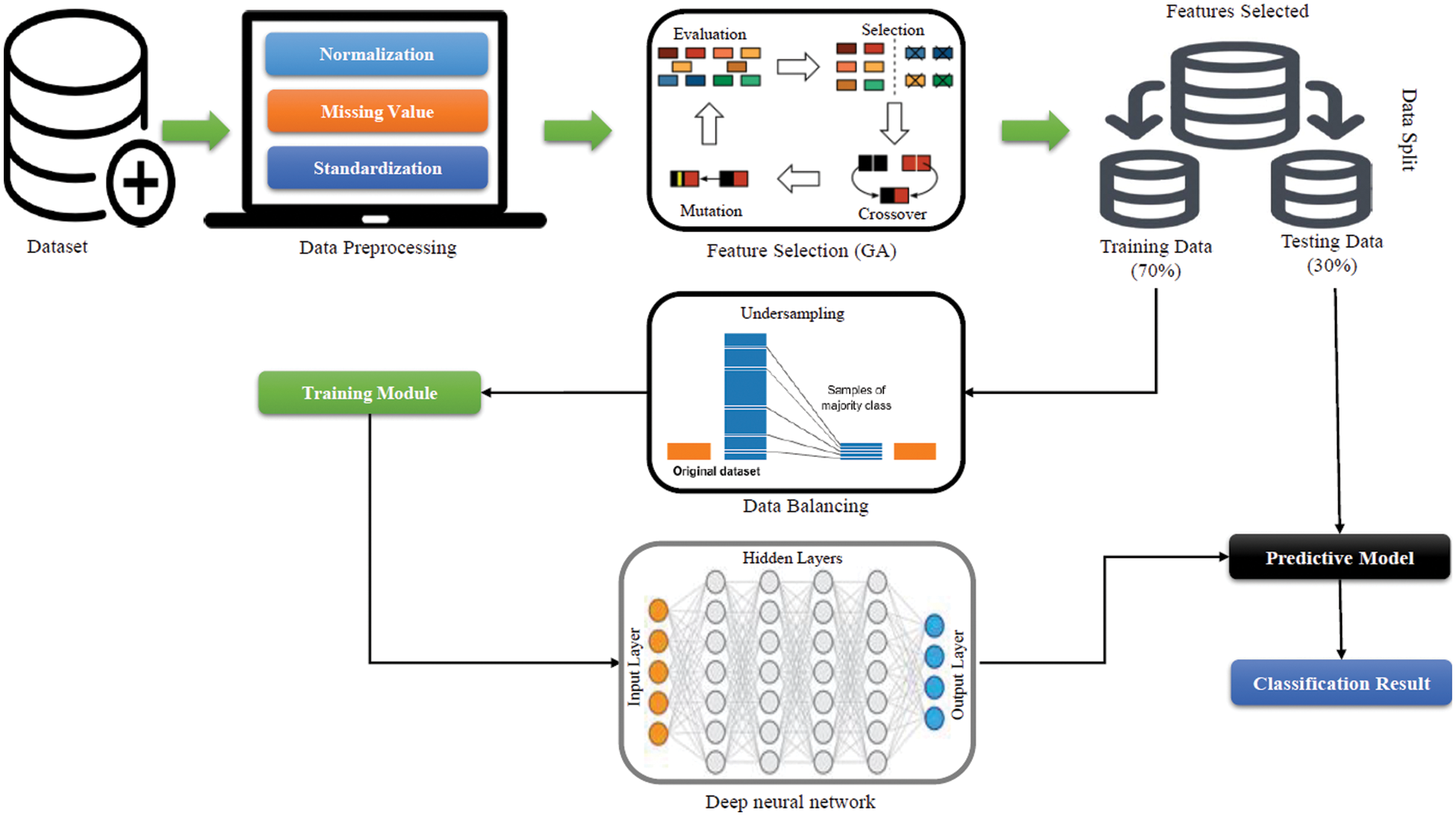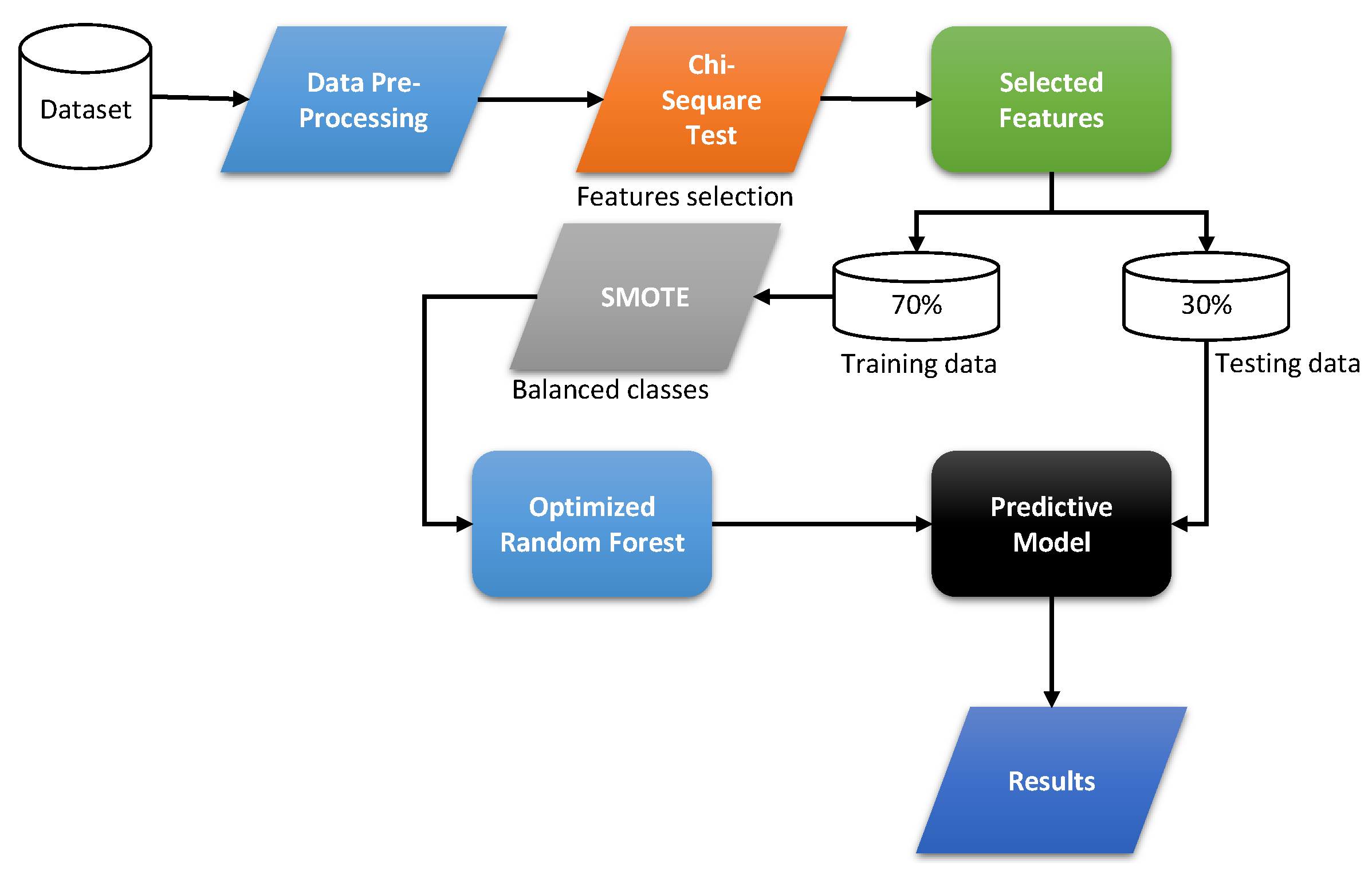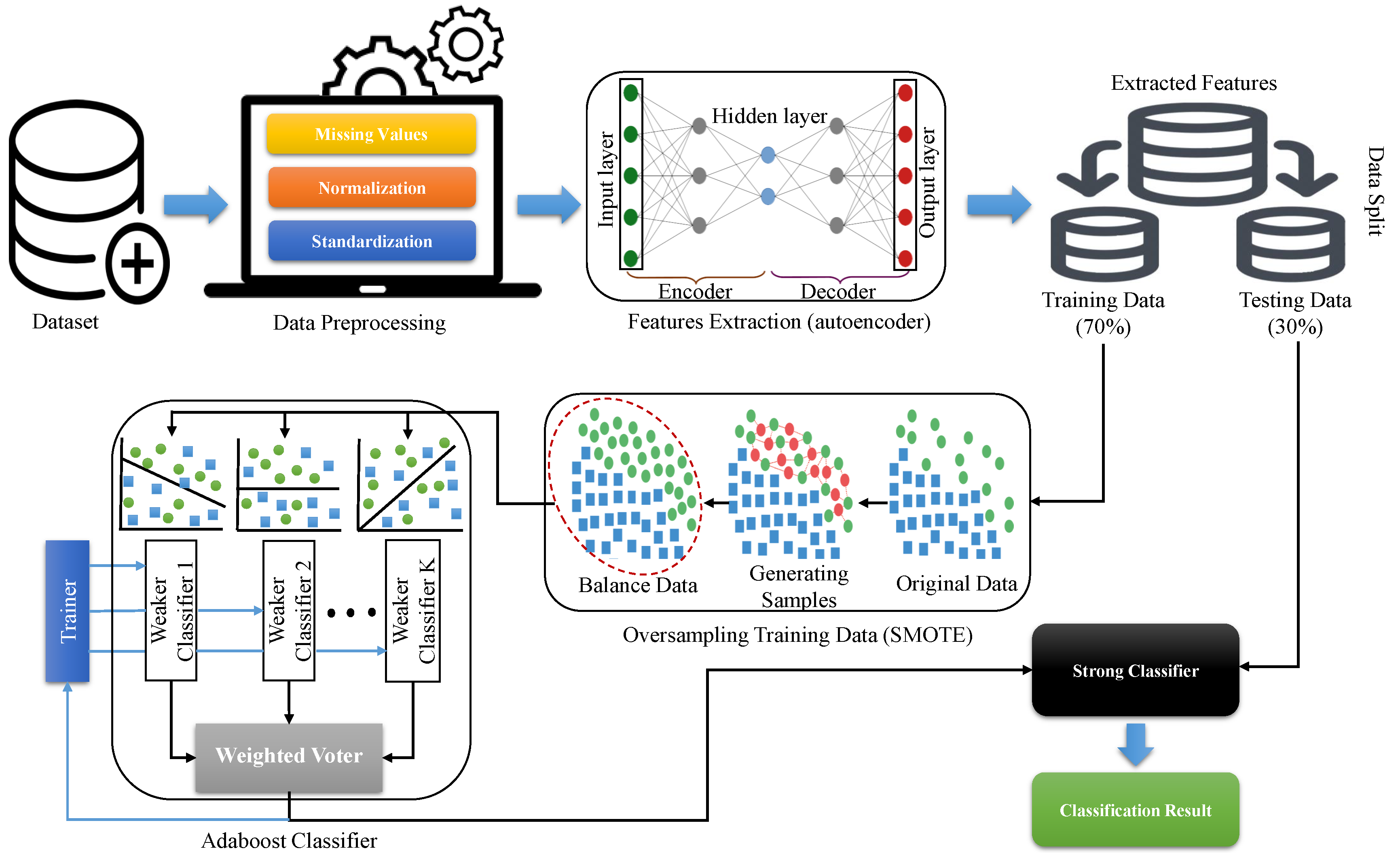Abstract Introduction: The efforts of relatives in providing palliative care (PC) at home areimportant. Relatives take great responsibility, face many challenges and are at increasedrisk of poor physical and mental health. Support for these relatives is important,but they often do not receive the support they need. When PC is provided athome, the support for relatives […]
Read More





